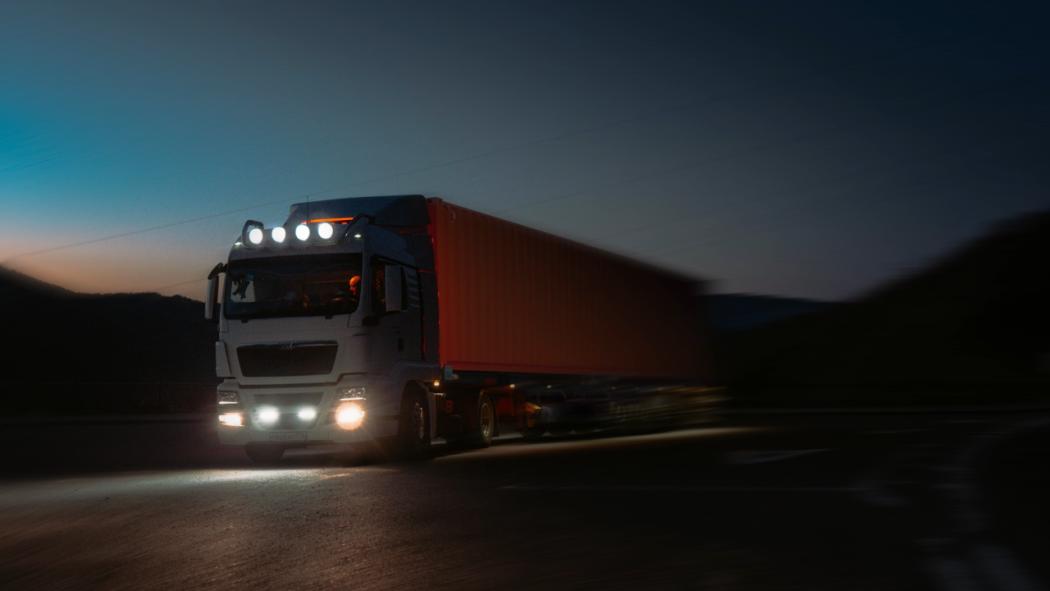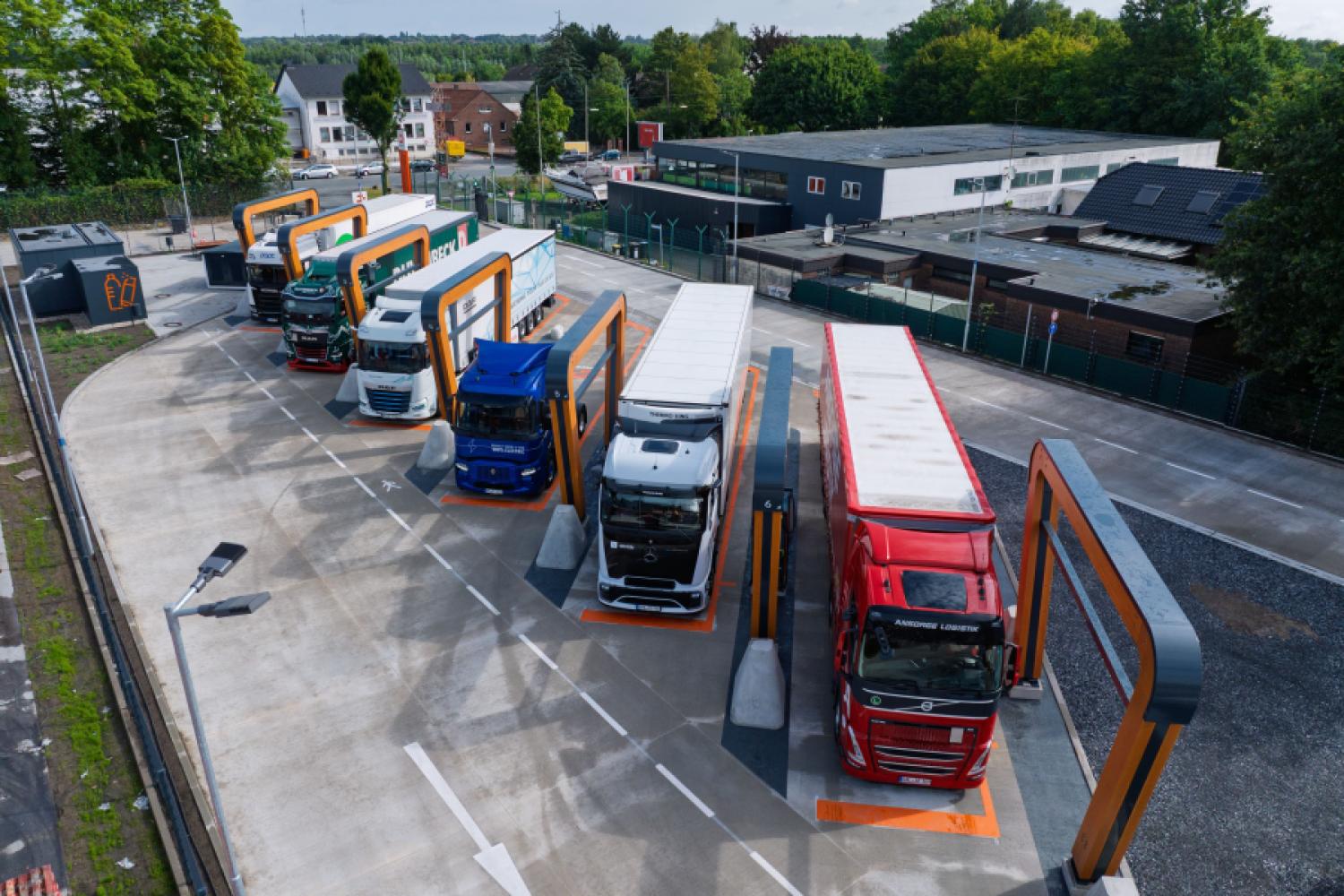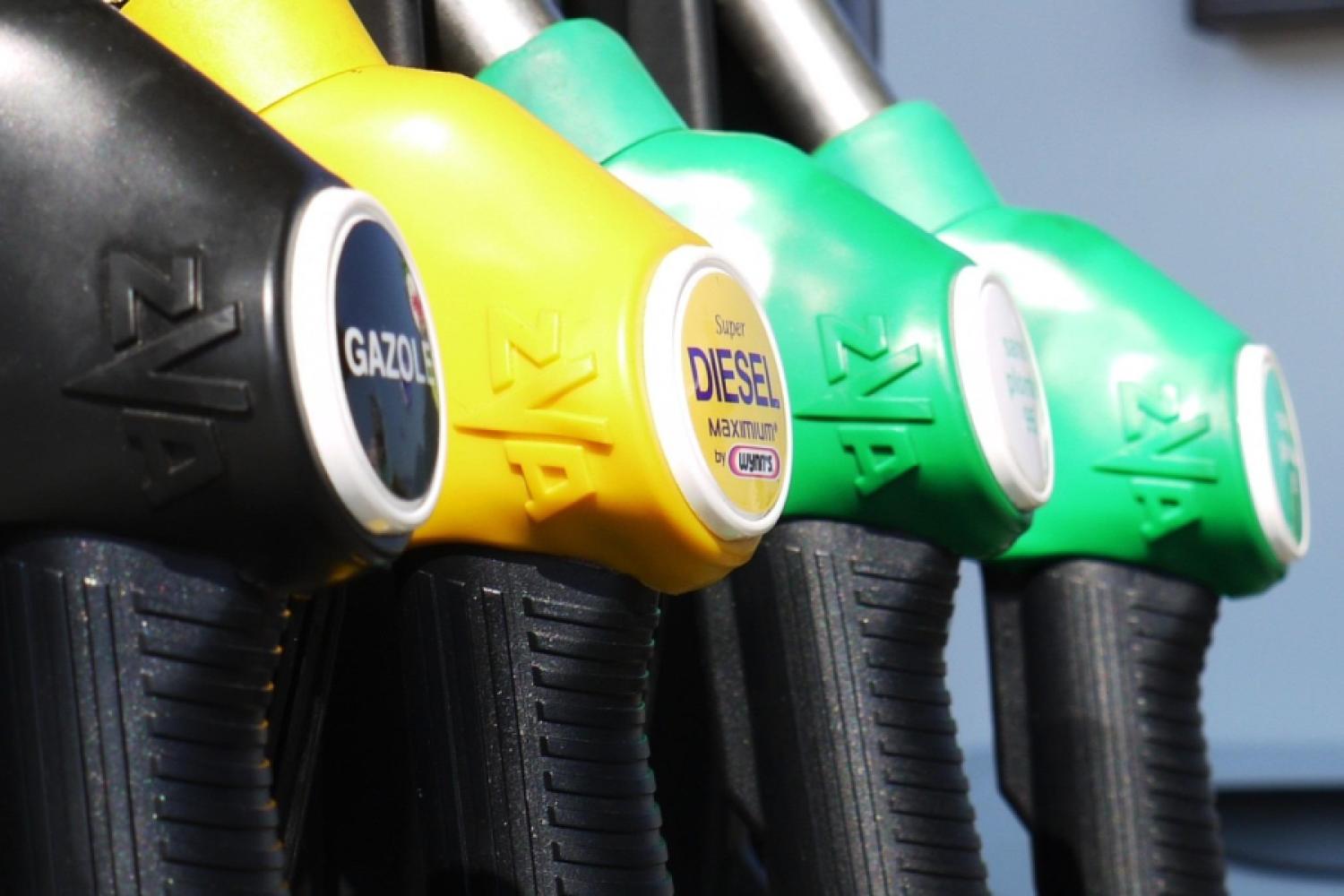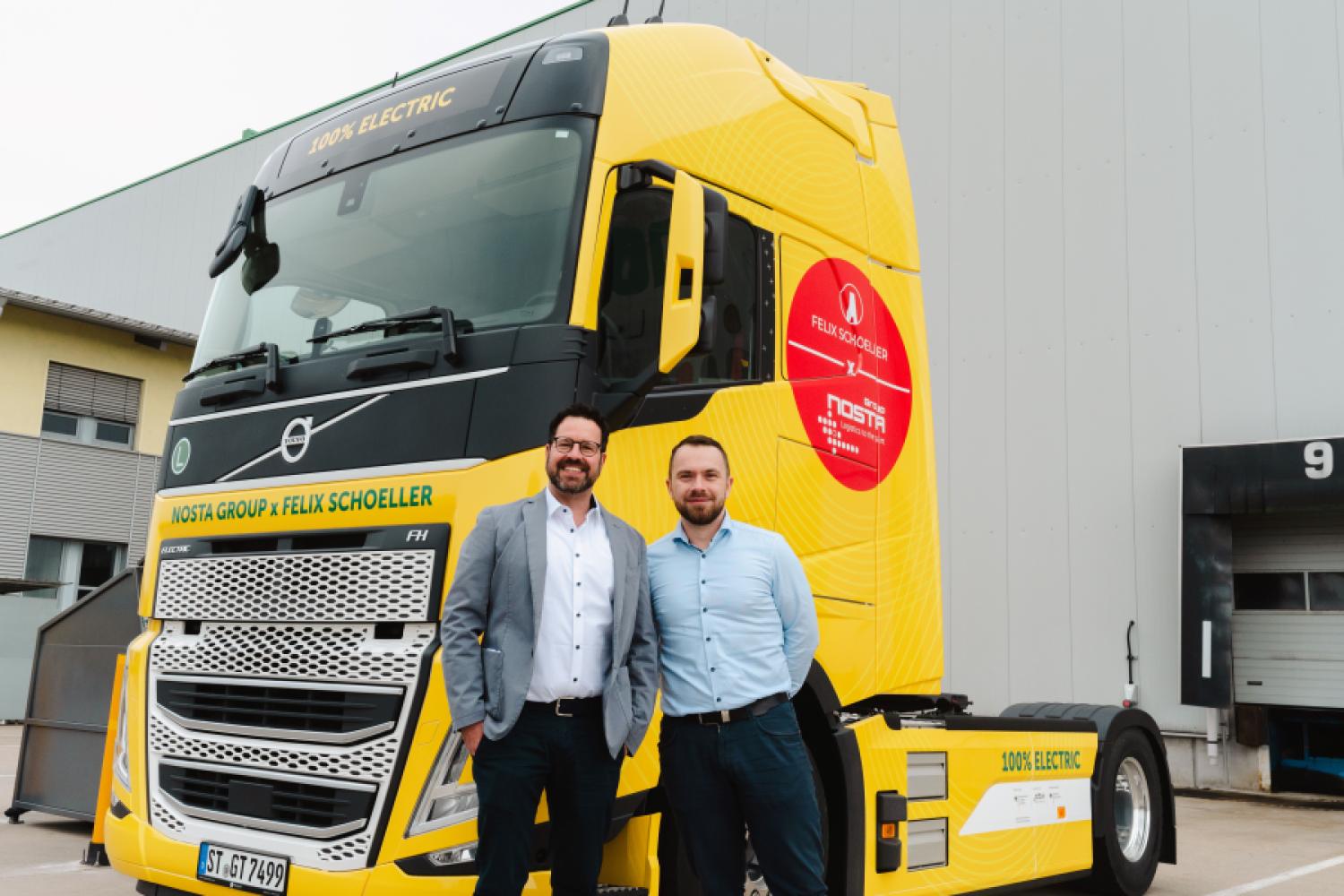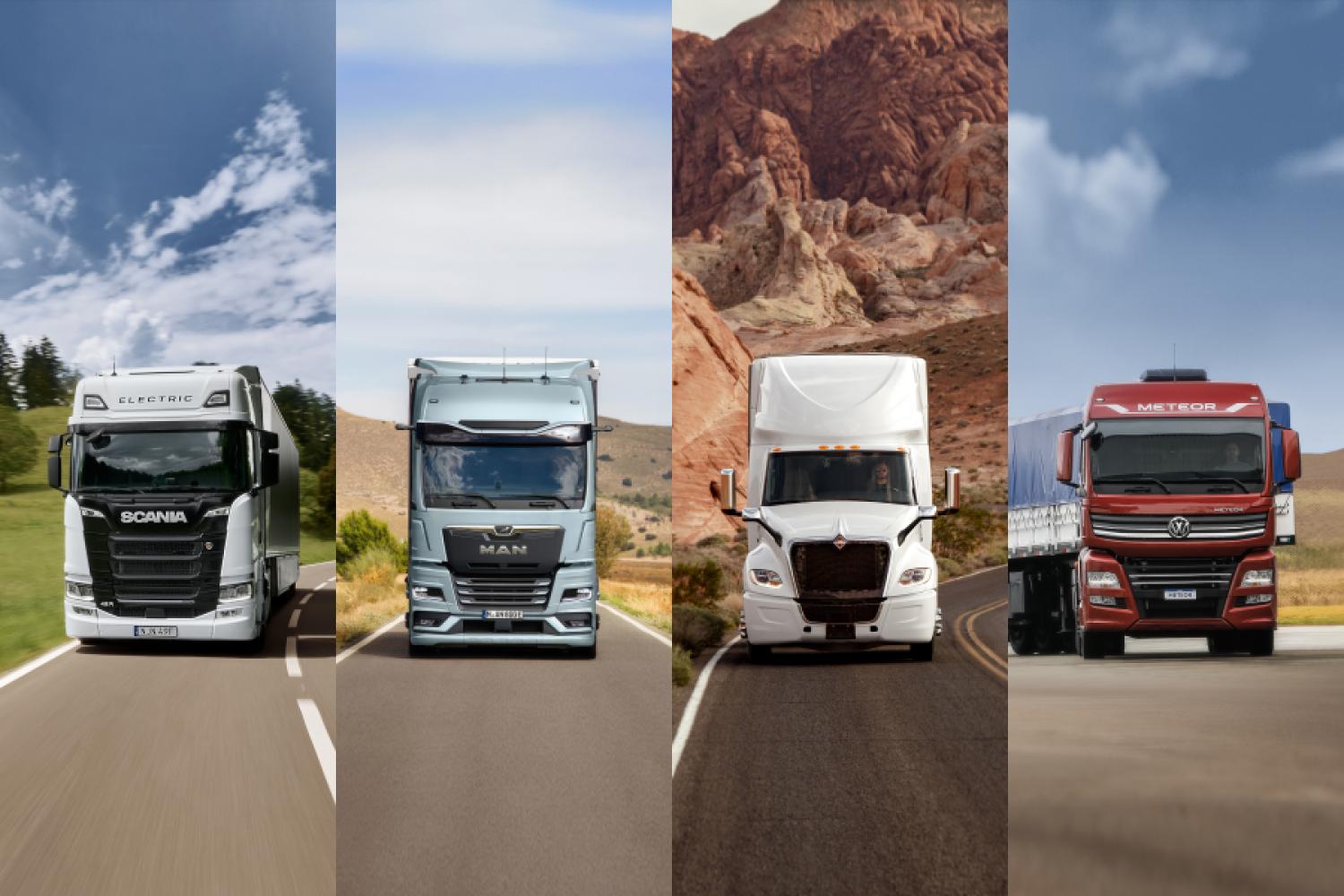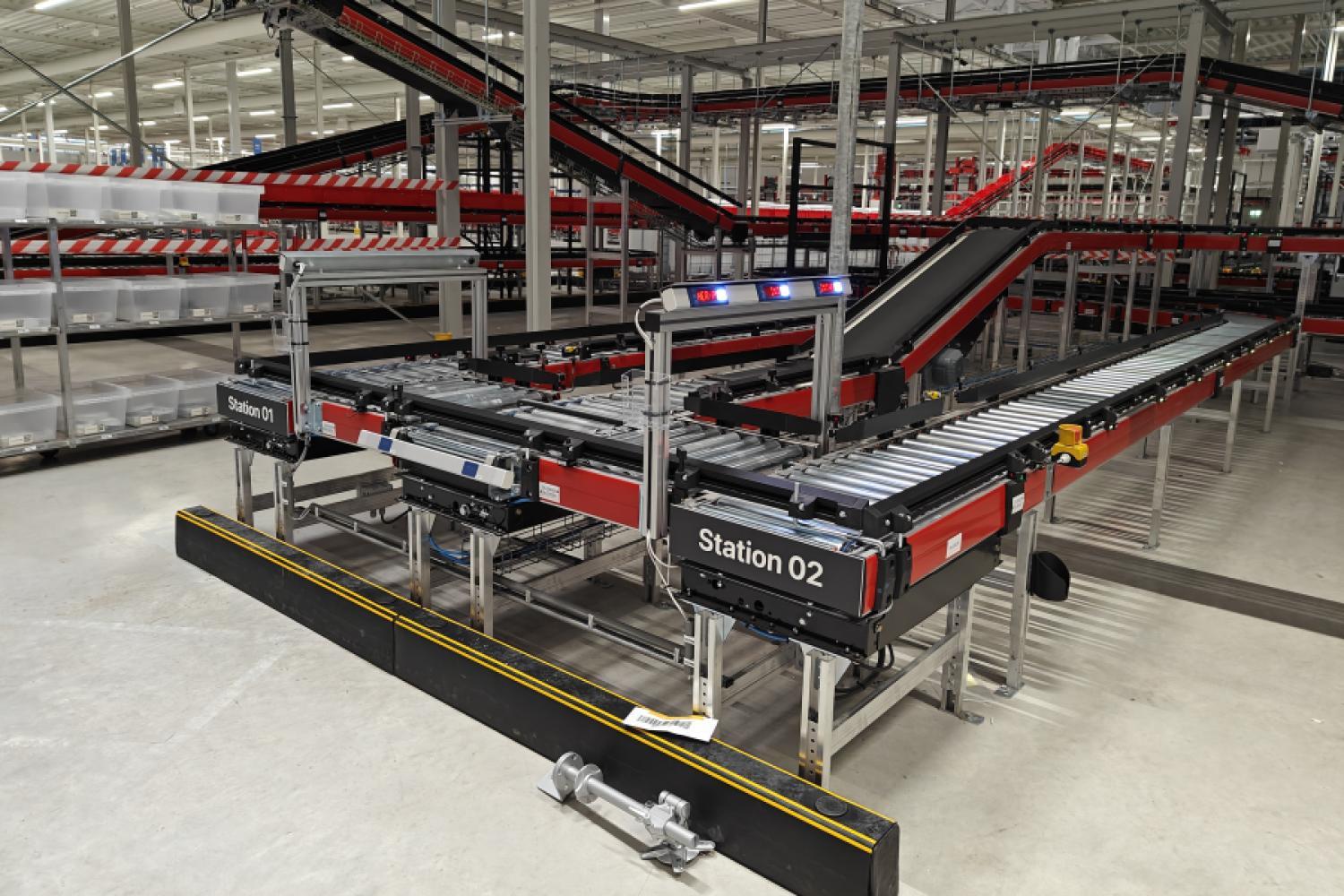DFDS and Volvo Trucks focus on night operations: As reported by the Port of Antwerp-Bruges, since October 2024, DFDS has been transporting containers between the Volvo Trucks distribution center in Ghent and the sea terminals at the Port of Antwerp predominantly at night. This is based on a joint initiative by both companies, which not only increases the efficiency of the transport chain but also reduces environmental impact.
The transport is carried out using heavy electric trucks. According to the information, DFDS operates the route mostly outside of daytime traffic hours and entirely emission-free. The deployment of the vehicles is organized via the Milence charging network. The charging time of the trucks is synchronized with the legally required rest period of the drivers – charging takes place at the Ketenis parking area.
The port authority describes the advantages of night logistics
as diverse. By switching to nocturnal trips, the risk of congestion is significantly reduced, infrastructure is better utilized, and the vehicle fleet is used more efficiently. Moreover, it allows for the transport chain to be divided so that preparatory administrative processes can be handled during the day and operational trips carried out at night.
Logistics-related associations also view this as a forward-looking approach. Tia Meyvis of Alfaport Voka is quoted in the statement as saying:
“Night logistics offers a concrete solution to the structural congestion problem in and around the port. This is why we have formulated it as one of the main goals in our Route Plan 2030, our economic vision for the future of the Antwerp-Waasland region. By supporting initiatives like those of DFDS and Volvo Trucks, we create room for more reliable freight transport and more efficient use
of port infrastructure.”
According to the Port of Antwerp-Bruges, approximately 150 containers per month are currently transported at night – previously, this traffic occurred during the day. The route between Ghent and Antwerp is used to transport spare parts intended for worldwide distribution. The return trips are made with empty containers.
DFDS plans to expand the night volume. This is to be achieved, among other things, by expanding the electric fleet. At the same time, the company identifies challenges: The handling times at some terminals during the night are currently still too short, and limited nighttime pickup times complicate planning. Extending these time windows could further improve operations. Another factor is the continuing high costs of electric trucks, which, despite their environmental benefits, present an economic hurdle.
“The collaboration between DFDS and Volvo Trucks proves that night logistics is a good
solution for the ecological and economic challenges in the transport sector,” explains Jan Buytaert, Product Manager Mobility & Connectivity at the port authority. “The initiative contributes to a better distribution of traffic around the Port of Antwerp and demonstrates how cooperation between shippers and freight forwarders can have tangible effects.”
According to the port authority, the night traffic project at the Port of Antwerp has been running since 2017. The share of nighttime truck traffic has since increased to 12 percent. The goal is to further advance the shift in traffic, especially in the less busy times between 6:00 p.m. and 6:00 a.m.
The "Night Logistics 2024" working group has been reconvened for coordination. It includes shippers, freight forwarders, terminals, shipping companies, depots, and logistics service providers. Together, they aim to develop and implement concrete measures for better utilization of nighttime
